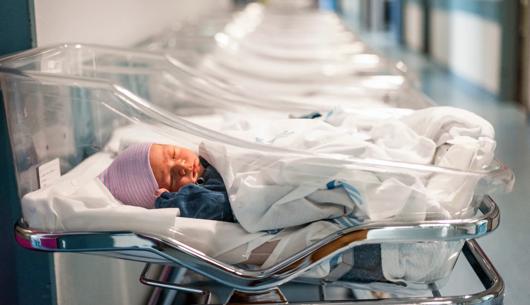Maughan judgment: Court of Appeal confirms that the civil standard of proof applies to suicide conclusions for inquests
On 10 May 2019 The Court of Appeal handed down judgment in R (Maughan) v HM Senior Coroner for Oxfordshire.
On 10 May 2019 The Court of Appeal handed down judgment in R (Maughan) v HM Senior Coroner for Oxfordshire.
The Court of Appeal has confirmed the ruling from the Divisional Court, and states that the only inquest conclusion to which the criminal standard of proof applies to is the unlawful killing conclusion. For all other inquest conclusions, it is the civil standard of proof that applies to factual findings and determinations, which includes findings of suicide.
So to be clear, for all findings and determinations (which includes conclusions) in inquests, the test to be applied is on the balance of probabilities, apart from unlawful killing which continues to be beyond reasonable doubt, the criminal standard.
The significance is that until recently a finding of suicide was subject to the criminal standard of proof. The result of this judgment is that coroners should not apply the higher standard of proof to reach a conclusion of suicide. Please note that the Court of Appeal has given permission for an appeal to the Supreme Court.
For further information, or to discuss this case, please do not hesitate to contact our inquest team.




































